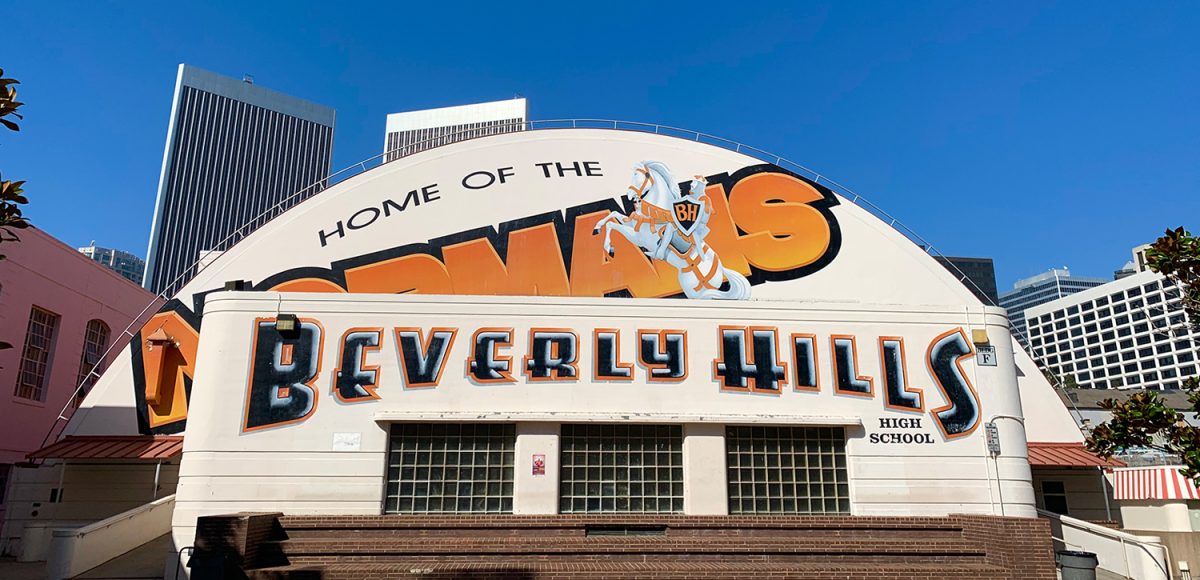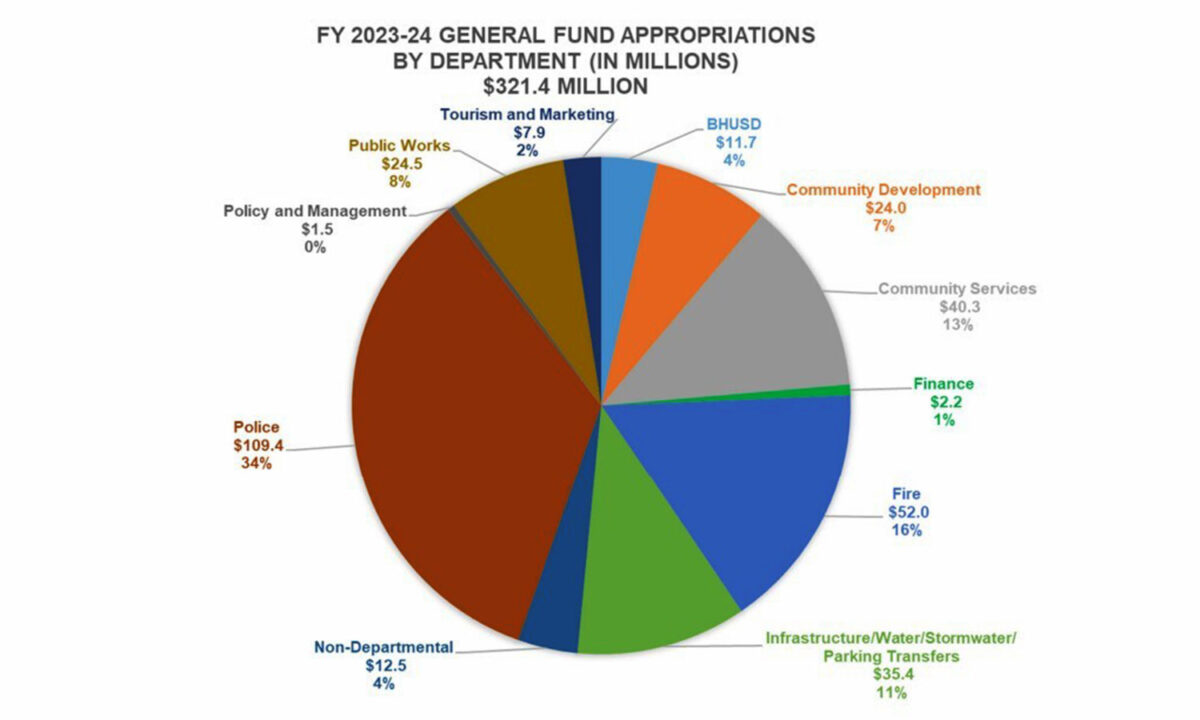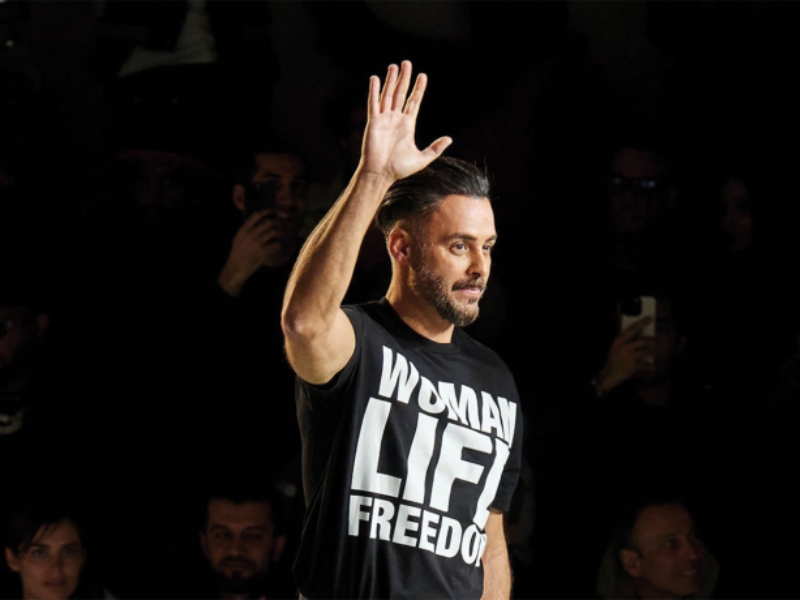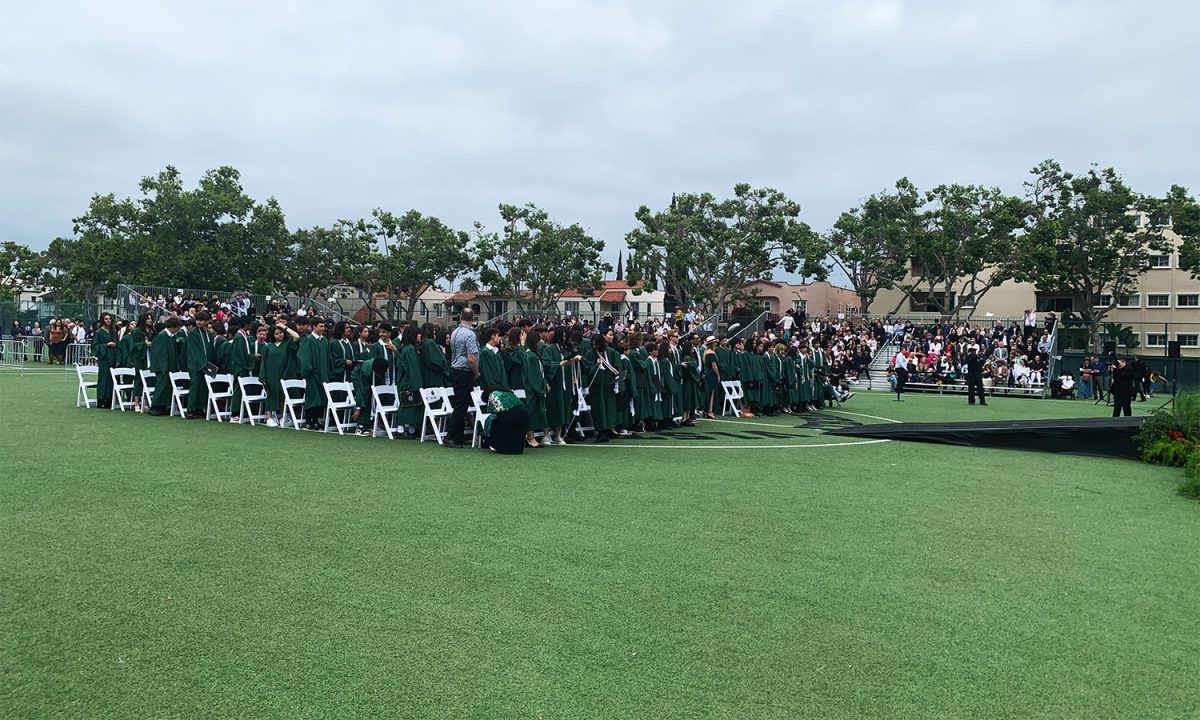The Beverly Hills Unified School District (BHUSD) Board of Trustees agreed to implement weekly testing of students within the district, stopping short of requiring vaccination for those eligible. The Sept. 14 meeting prompted passionate feelings from parents concerned with the health of their children.
As of press time, there have been 17 students in the district who have tested positive for COVID-19 and seven staff. While the majority of positive cases among students have been at the high school, Hawthorne Elementary reported its first student case this week.
Approximately a month into the new school year, BHUSD Superintendent, Dr. Michael Bregy, feels good about those numbers. “The data from students and staff that are having positive cases with COVID-19 are relatively low,” Bregy said. “That is because of the things that you’re doing at home and the hard work of our teachers to ensure that we’re following protocols with wearing masks. We have not had any epidemiologically linked clay cases with our students, which is really important, and that shows you that the masks are working.”
In early August, the California Department of Public Health (CDPH) issued a public health order requiring all school staff to either show proof of full vaccination or be tested at least once per week. While the policy for school staff went into effect on Aug. 12, 2021, schools have until Oct. 15 to be in full compliance. According to Bregy, 442 staff members have already submitted proof of vaccination to the District.
Shortly after the state announced vaccine mandates for teachers, the Culver City Unified School District became the first public school to extend vaccine directives to students. Despite growing concerns over potential litigation, the L.A. Unified School District Board of Education unanimously approved a plan on Sept. 9 that requires students ages 12 and up to provide proof of full vaccination by Jan. 10. Those who fail to do so must either transfer to an independent study program or seek an alternative education outside LAUSD.
Judith Manouchehri, a parent in the BHUSD, told the board that she was vaccinated and encouraged her children to wear masks in class. “Yet I believe each family has the right to make decisions on their children’s health, given the fluid nature of information in our pandemic environment,” she said, voicing the concerns of many parents.
Many parents also raised issues with the school’s quarantine policy and lack of remote access to classrooms. One caller noted, “Just last week, my own daughter was quarantined with absolutely nothing to do. “Our district spent a significant amount of money and resources to come up with a robust online learning program last year. What happened to it?”
Alana Castanon, a science teacher at Beverly Vista Middle School and president of the union representing BHUSD teachers, called in to advocate for robust testing of students in the district. “Finding who has the virus early means steps can be taken to prevent COVID-19 from spreading and causing an outbreak so schools can stay open,” she said. “Regular testing also means parents and guardians get notified if their child tests positive, allowing them to plan for treatment and take steps to protect the rest of their family from COVID-19.”
Alma Ordaz, a BHUSD alumnus who has worked in healthcare since 1987, read a letter into the record signed by more than a dozen physicians and pediatricians supporting vaccinations for children 12 and up. “We know what works: social distancing, masks and vaccination,” she said. “The COVID-19 vaccine is the best way to ensure that our schools remain open and that our children remain in school.”
While the board unanimously supported weekly testing for all students, it split three to two on the question of requiring vaccination. Vice President Tristen Walker-Shuman thought it likely that the state would issue a requirement shortly and felt it was prudent to get a head start with those 16 and up. Board member Dr. Amanda Stern expressed that current mitigation strategies were sufficient to keep students safe.
“I really respect people’s rights to decide not to vaccinate or not to vaccinate their children. The caveat, of course, to all of those arguments is the fact that you’re sending your kid to a public school,” Board Member Noah Margo said. “It’s not about you anymore. That’s the problem. It’s about everybody.”
Board President Rachelle Marcus said she had grappled with the question, speaking with two doctors who had urged her to issue a mandate. Nonetheless, “I’m not comfortable with telling somebody” to vaccinate their child, she said. “I don’t want anybody to tell me that I have to do that.”
While Pfizer’s vaccine, called Comirnaty, has received full approval from the Food and Drug Administration (FDA) in people over 16, it has emergency use authorization for use in children 12 to 16. Dr. Shira Shafir, UCLA Fielding School of Public Health associate professor of epidemiology and community health sciences, told the Courier that parents should be reassured by the extensive data available on the Pfizer vaccine’s safety in children 12 and up.
“Pfizer conducted rigorous safety trials for their vaccines in 12- to 15-year-olds, and they are currently testing the vaccine in younger populations,” she said. “More than 4.4 million children over the age of 12 in the United States are fully vaccinated against COVID and another 4 million have received their first dose of the COVID vaccine, so there is more data about the safety of the COVID-19 vaccine than any previous vaccine in history.”
Children are much less likely to die from contracting COVID-19 than adults. In California, only 24 COVID-19 deaths have been reported in those between 5 and 17. Still, Shafir notes that children can get infected, infect others and get quite sick.
Multiple studies have documented the phenomenon known as long COVID in children, persistent COVID-19 symptoms months after contracting the virus. A recent survey by the Israeli Health Ministry of 13,864 children aged 3 to 18 found that more than 1 in 10 reported symptoms of long COVID. The symptoms included shortness of breath, fatigue, and cognitive decline. The findings lend support to an English study released earlier in September that found that up to one in seven children studied developed long COVID.
Parents in the hearing raised concerns about reports of myocarditis, or inflammation of the heart muscle, in adolescent boys in response to the vaccine. A large study also out of Israel published on Sept. 16 looked at the health records of nearly 2 million people 16 or older and found that the virus was much more likely to cause myocarditis than the vaccine. Researchers and public health agencies continue to monitor and study any possible connection between the vaccine and myocarditis.
Shafir said that the COVID-19 vaccine should “absolutely” join the regimen of vaccines already required to attend public school in California. “The COVID-19 vaccine is safe and effective,” she said. “It prevents those who are vaccinated from getting seriously ill if they get infected and can help ensure that students can return safely to face-to-face instruction,” she said.
Additional reporting by Bianca Heyward







